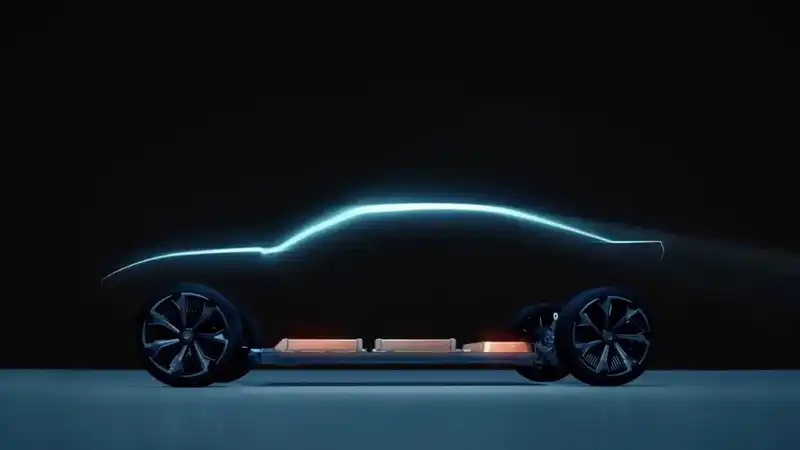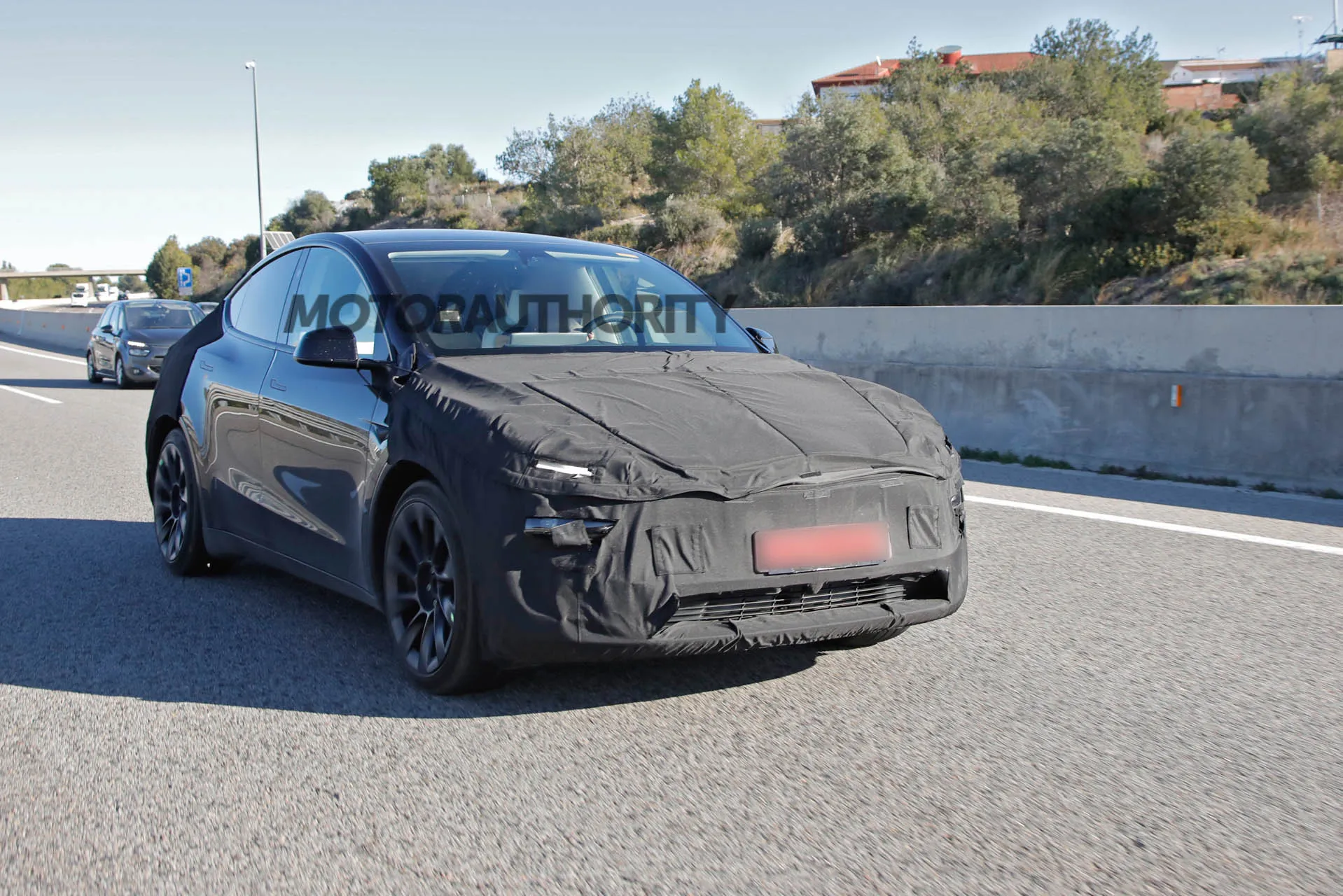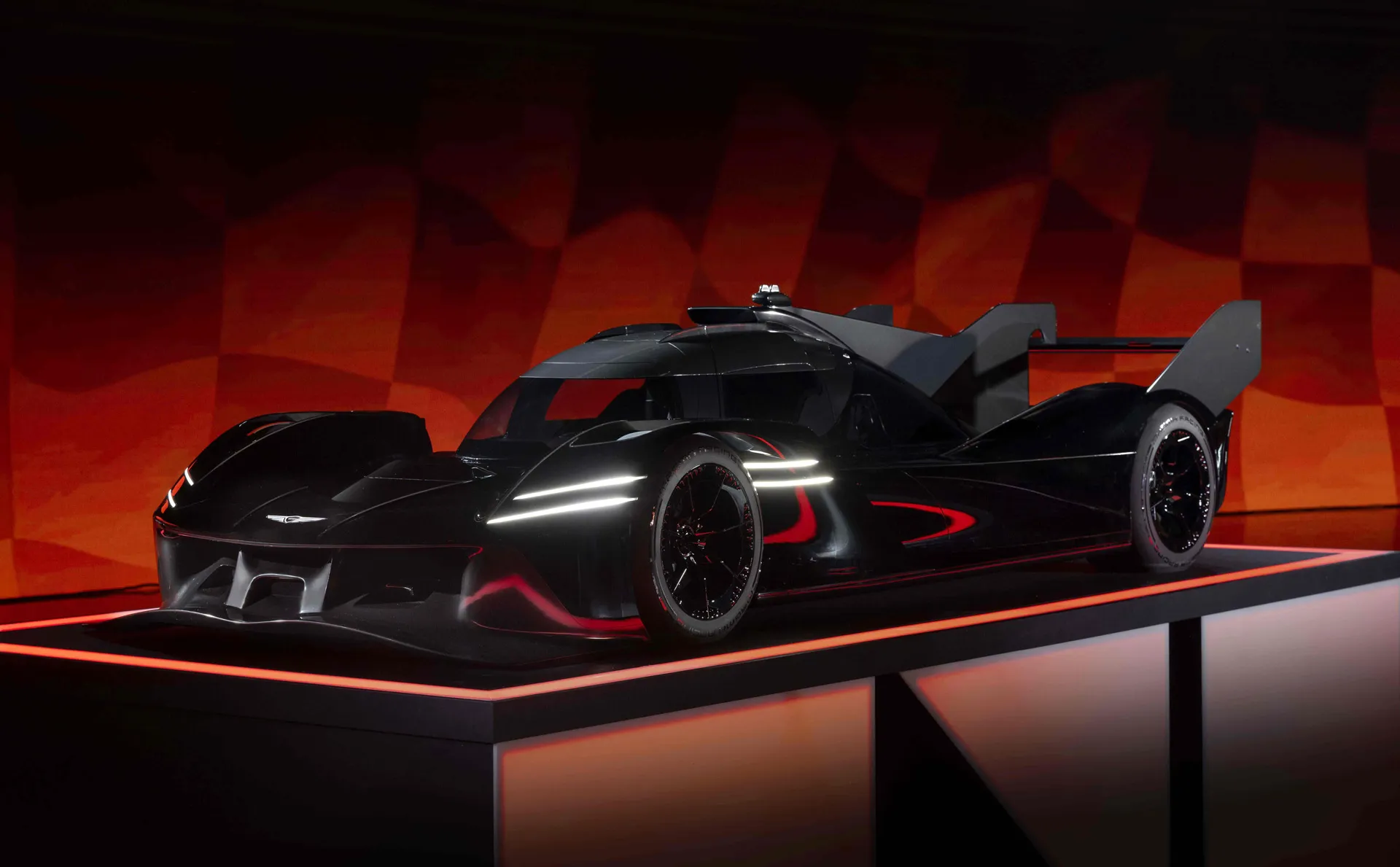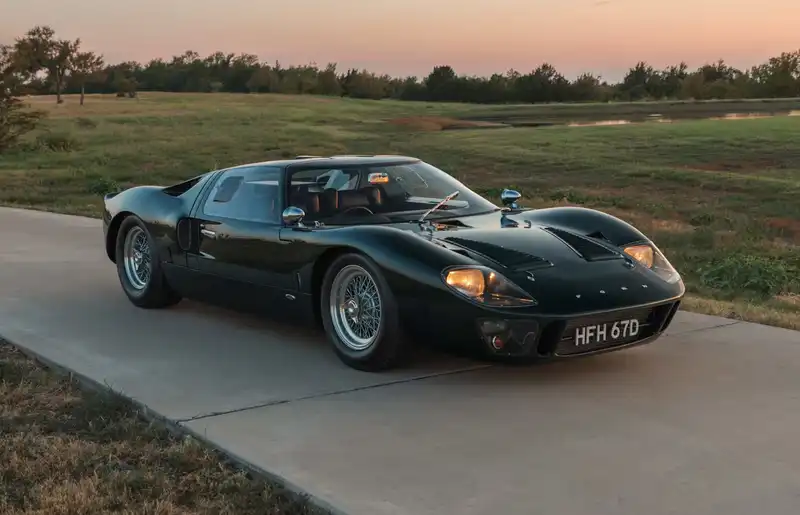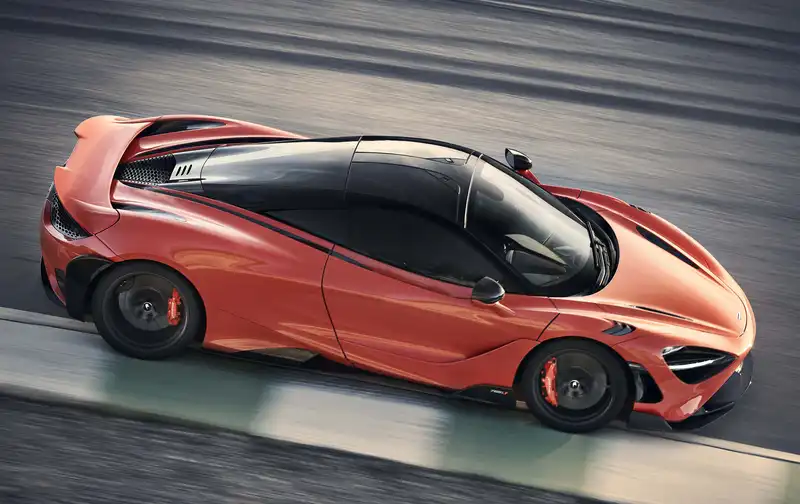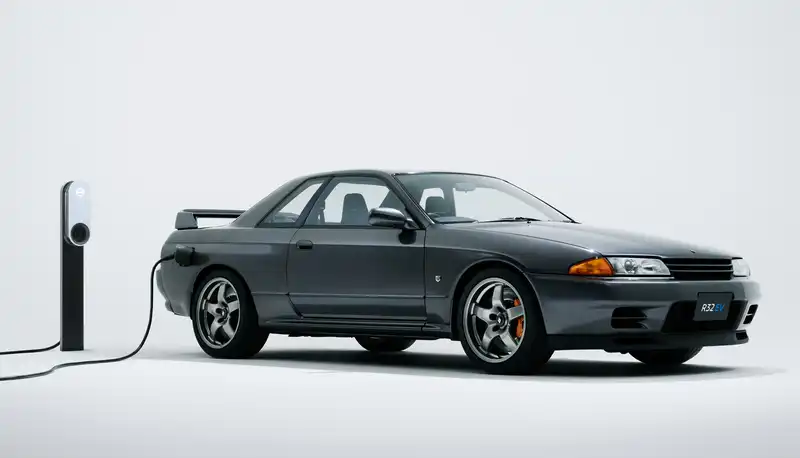BMW begins production of fuel cells for the X5 hydrogen-electric vehicle.
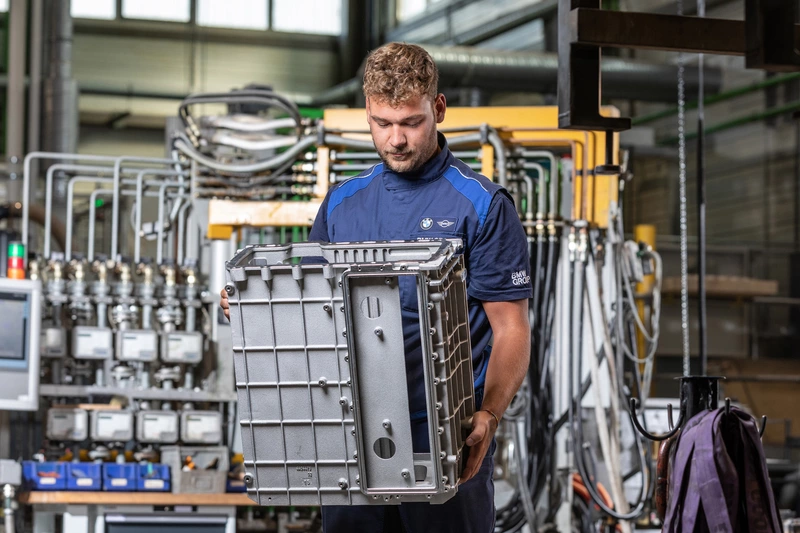
BMW on Wednesday began production of hydrogen fuel cells that will eventually be used in the powertrain of a limited production hydrogen-electric BMW X5 SUV. The SUV will be used for testing and demonstrations and will not be sold.
Hydrogen-electric vehicles are essentially EVs that use hydrogen fuel cells instead of batteries to power their electric motors. The fuel cell combines hydrogen with oxygen from the air in a nearly emission-free process to produce electricity either directly or through an intermediate battery. [In the case of BMW's hydrogen-electric X5, which will go into production later this year as the BMW iX5 Hydrogen, the fuel cell is located at the front and draws hydrogen from two tanks, one in the transmission tunnel and one under the rear seat. The electricity generated is used to power an electric motor in the rear axle.
Electricity from the fuel cell also charges a small battery that helps power the motor under heavy loads. In this case, the total system output is 368 hp. The fuel cell alone has a continuous output of 167 hp.
BMW does not plan to sell the iX5 Hydrogen to private customers; BMW does not plan to sell hydrogen-electric vehicles until 2025 at the earliest. Depending on the direction of the market, it could be even later, BMW said.
Despite the start of hydrogen fuel cell production, BMW remains committed to battery-electric vehicles as the primary means of achieving carbon neutrality. iX5 Hydrogen is being developed by BMW and will include gasoline, diesel, battery electric, and hydrogen electric in the future. prepared to supply the powertrain of the customer's choice. In the case of hydrogen, BMW sees an opportunity for customers who prefer to drive long distances.
"We believe that hydrogen vehicles are ideally positioned technically alongside battery electric vehicles to complete electric mobility," BMW Group CEO Oliver Gipse said in a statement. 'By starting small-scale production of fuel cells today, we are demonstrating the technological maturity of this type of drive system and highlighting its potential for the future.'
BMW is not the only existing automaker seriously considering hydrogen as a future fuel source. Toyota already offers its second-generation hydrogen-electric MIRAI in areas where hydrogen is actually available, and Hyundai Motor Group, Daimler Trucks, and Volvo Trucks are all looking at hydrogen as a zero-emission, long-distance trucking fuel.
